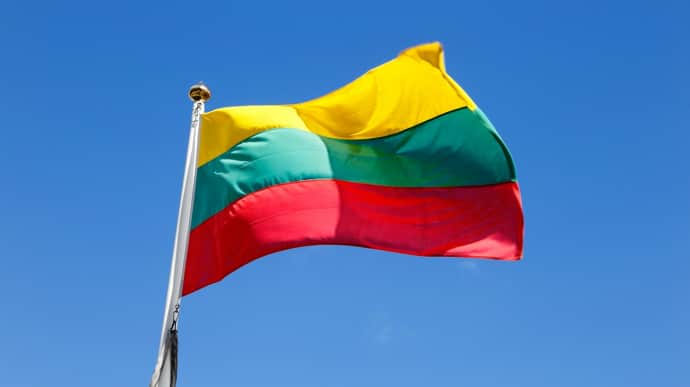Lithuania bans entry of passenger cars with Belarusian licence plates

Cars with Belarusian registration plates will not be able to enter Lithuania starting from midnight on Thursday, 18 July.
Source: European Pravda, citing the Lithuanian Customs Service
An exception until 16 August 2024 allows the importation into Lithuania of a passenger car that is not intended for sale and belongs to a Belarusian citizen who holds a valid visa or a valid permit for temporary or permanent residence in Lithuania.
The exception does not apply to passenger cars owned by legal entities or used for commercial purposes.
Vehicles with Belarusian registration plates within the territory of the European Union, including Lithuania, must leave the EU territory by 18 January 2025, emphasised the authorities.
Until this date, vehicles with Belarusian registration plates can remain in circulation in Lithuania and can also be imported and registered in Lithuania. However, they will not be allowed to remain on Lithuanian territory after the said date.
Individuals who drive vehicles with Belarusian registration plates after the specified deadlines will be considered violators of the law and will face penalties under Article 515 of the Code of Administrative Offences, which includes fines and confiscation of the vehicle.
The ban does not apply to cars with diplomatic plates if they are necessary for the functioning of diplomatic and consular missions or international organisations enjoying immunity under international law, or if they are intended for the personal use of diplomatic personnel and their immediate family members.
Background:
- Passenger cars with Belarusian registration plates are prohibited from entering Latvia starting from 16 July.
- Last year, Lithuania, Latvia, and Estonia decided to cease allowing cars with Russian registration to enter their countries following clarifications from the European Commission. Later, Finland and Poland joined them in this decision.
- The explanation from the European Commission indicated that Russian citizens may have their cars, phones, other equipment, and valuable items confiscated upon crossing the border with the European Union.
Support UP or become our patron!






